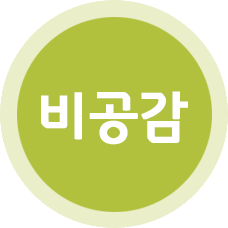작성자 : L.albus
추천 : 1
조회수 : 423회
댓글수 : 0개
등록시간 : 2015/06/06 19:08:35
| 옵션 |
|
On 4 June 2015, the National IHR Focal Point of the Republic of Korea notified WHO of 6 additional confirmed cases of Middle East Respiratory Syndrome Coronavirus (MERS-CoV), including 1 death.
Contact tracing of household and healthcare contacts is ongoing for the cases.
So far, a total of 36 MERS-CoV cases, including 3 deaths, have been reported to WHO by the National IHR Focal Point of the Republic of Korea. One of the 36 cases is the case that was confirmed in China and also notified by the National IHR Focal Point of China.
Globally, since September 2012, WHO has been notified of 1185 laboratory-confirmed cases of infection with MERS-CoV, including at least 443 related deaths.
Based on the current situation and available information, WHO encourages all Member States to continue their surveillance for acute respiratory infections and to carefully review any unusual patterns.
Infection prevention and control measures are critical to prevent the possible spread of MERS-CoV in health care facilities. It is not always possible to identify patients with MERS-CoV early because like other respiratory infections, the early symptoms of MERS-CoV are non-specific. Therefore, health-care workers should always apply standard precautions consistently with all patients, regardless of their diagnosis. Droplet precautions should be added to the standard precautions when providing care to patients with symptoms of acute respiratory infection; contact precautions and eye protection should be added when caring for probable or confirmed cases of MERS-CoV infection; airborne precautions should be applied when performing aerosol generating procedures.
Until more is understood about MERS-CoV, people with diabetes, renal failure, chronic lung disease, and immunocompromised persons are considered to be at high risk of severe disease from MERS‐CoV infection. Therefore, these people should avoid close contact with animals, particularly camels, when visiting farms, markets, or barn areas where the virus is known to be potentially circulating. General hygiene measures, such as regular hand washing before and after touching animals and avoiding contact with sick animals, should be adhered to.
Food hygiene practices should be observed. People should avoid drinking raw camel milk or camel urine, or eating meat that has not been properly cooked.
WHO does not advise special screening at points of entry with regard to this event nor does it currently recommend the application of any travel or trade restrictions.
| 출처 | WHO GAR 센터 http://www.who.int/csr/don/05-june-2015-mers-korea/en/ |



